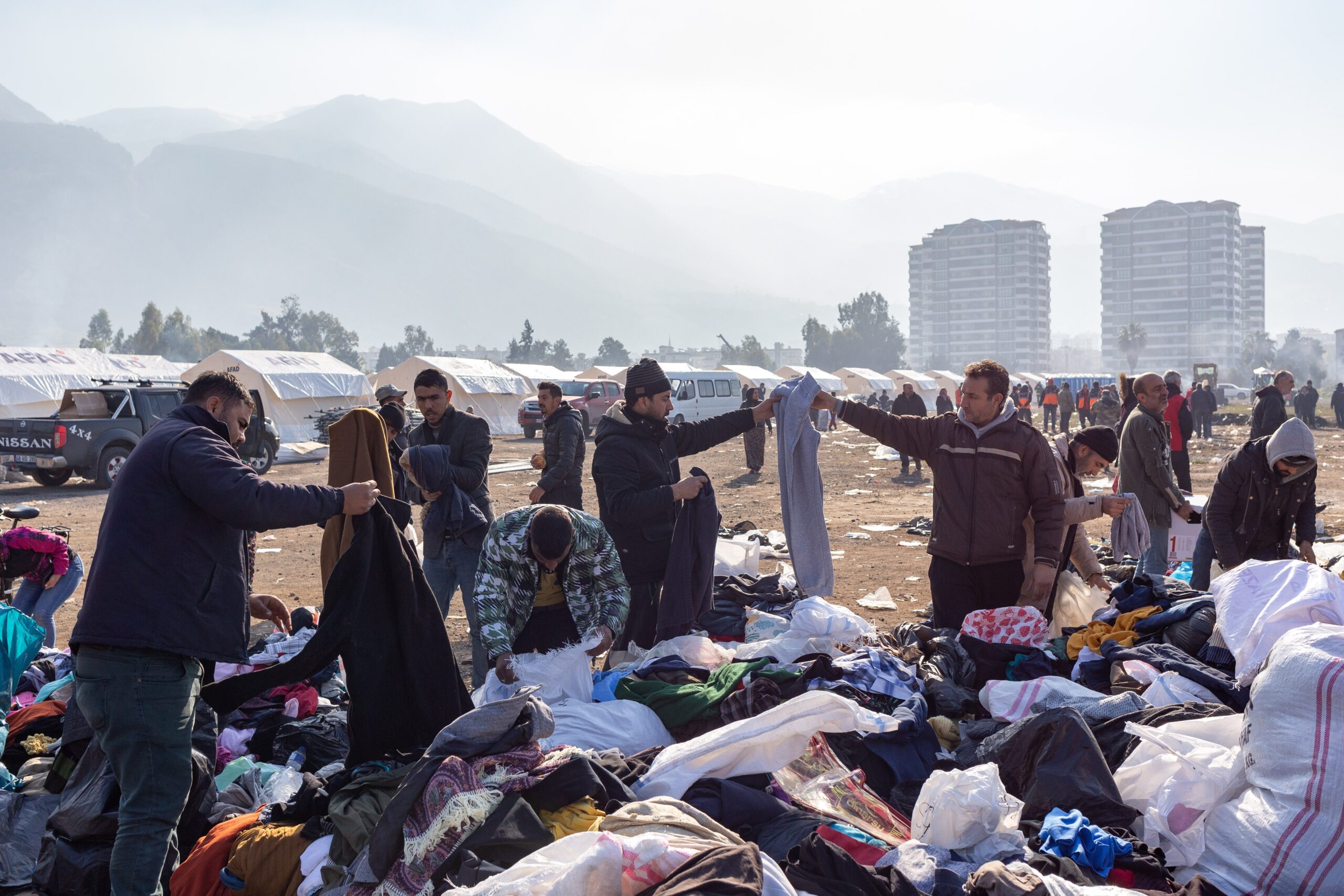The End of Charities: How They Cause and Perpetuate Poverty
March 8, 2016 |
| 4 min read

Although the statement that charities support and perpetuate poverty is harsh, it is the real truth.
When people are in need it is because the environment in which they live does not support their needs. If people come from an outside environment and bring supplies and services to people of a less affluent area to fulfill basic human needs, the outsiders do NOTHING to change the environment that created and perpetuates the need in the first place.
Charities enter a region of the world and set up shop to bring in outside goods and services into an environment that lacks them. This creates, perpetuates and sustains the poverty that exists in said environment. Charities come from an environment of abundance, therefore the charitable people already have all of their needs met. But charities do nothing to change the environment where poverty exists.
The affluent areas of the world gain even more wealth in creating the goods and services that the charities import to an impoverished environment. The charities ask for money and then use this money to buy goods and services from themselves, supporting THEIR own economy! They are enriching themselves because of the poverty of others.
Charities that are set up to provide volunteers are supporting affluent economic environments. The volunteers need goods to take with them to provide services to the poor. Although the volunteers don’t receive pay, the companies from which they purchase the goods get rich off of poverty and good will.
The Humanity Party® proposes eliminating all charities, not by law, but by common sense economics. Give the people living in an impoverished environment a HumanECard® to purchase the goods and services themselves. With money available, the companies that otherwise sell goods to the volunteers, who only stay in an impoverished environment temporarily because they leave and go back to their affluence, will begin to sell their goods and services directly to the people.
The way that the Free Market can then eliminate poverty is when the companies are forced to go to the impoverished environment and set up an infrastructure to provide their goods and services to the people in order to take the people’s money … which is the purpose of all free economic markets: profit. When they sell goods to charities, the companies do not need to do anything to improve the economic standards and infrastructures of the impoverished environment.
Thus, the existence of poverty and the goodwill of volunteers to buy a company’s products and then pay for the products to be transported to an impoverished part of the world, is VERY PROFITABLE! The company doesn’t have to pay to transport their products, nor do they need to spend capital or their profits in setting up a local distribution infrastructure.
If the companies that produce the goods and services that charities import to the poor were forced to build a local infrastructure, then local employees would be needed to support this infrastructure. The company, to make its profit, no longer will depend on volunteers to distribute their goods and services for free, but will be forced to start paying local, unemployed poor people to provide the goods and services. This will create local jobs that the itinerate and temporary charitable volunteers otherwise would take away from the local people.
Charities are one of the worst things that humanity has ever allowed.
THumP®’s solutions will work.
Put the money directly into the hands of the people, limiting that money’s purpose to purchasing the basic goods and services that the people need to lift them out of poverty. Establish a Non-Inflationary Law (see our proposed Constitution, Article I, Section 9: c.) that controls the prices that the companies can charge. If ACME bandages sells a bandage to United Way for $1.00, there’s no reason why ACME should be allowed to charge $2.00 for the same bandage just because the people now have the means to buy the bandage that they need. If ACME wants to sell more bandages, and it will if there exists a demand, then it needs to setup shop in an impoverished area, pay the local residents to run ACME’s local store, and then everyone benefits.


